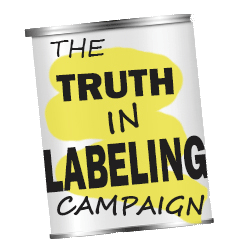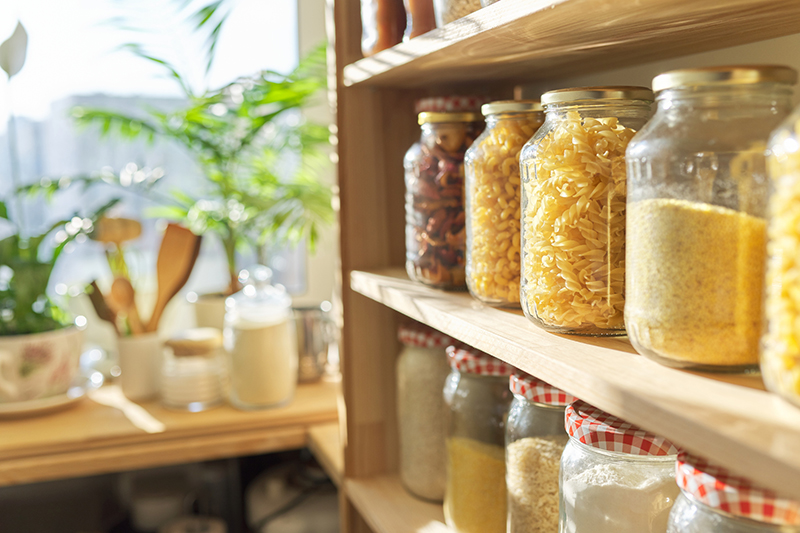How our lack of cooking skills and reliance on processed food is biting back
One of the realizations hitting many households hard in these days of self-isolation is how little we actually cook the food we eat from basic, real-food ingredients. That, and our dependence on frequent supermarket runs means there’s no need to think too much about what we’re going to serve up for mealtime down the road.
But not very long ago a pantry (also called a “larder” in earlier days when it was typically a cool room that could store perishable items) was an essential part of any well-run household. More than mere cupboards, a pantry is a dedicated space with shelving and drawers containing the basics needed to make a wide assortment of meals, such as a variety of canned and dried beans, all types of root veggies, garlic, dried herbs, oils, flour, pasta, oats, cornmeal, rice, nuts, sugar, honey, condiments, canned fish, and on and on. And no, a well-stocked pantry is not a sign of a hoarder.
Baked goods, especially breads, often had a dedicated pantry drawer.
It seems, however, that as kitchens grew into the high-tech appliance realm they now occupy, we downsized the space needed to store food and have the ingredients necessary to make authentic meals.
Even a huge refrigerator and your typical cupboards can’t take the place of a pantry when it comes to being prepared for when you can’t – or don’t want to – go shopping for prolonged periods of time.
Perhaps not surprisingly the demise of the pantry appears to have paralleled the rise of ultra-processed foods filled with risky additives. This includes items from frozen meals (even organic ones) to “protein” drinks to fake meats — such as the Impossible Burger.
But aside from self-quarantined consumers feeling the pinch of running short on their Stouffer dinners or Marie Calendar’s frozen pot pies (and stores having trouble keeping such items on the shelves), eating this way has many other pitfalls.
As revealed in a just-out book I co-authored, A Consumer’s Guide to Toxic Food Additives, regularly consuming foods containing harmful, chemically derived ingredients are known causes of today’s most prevalent health issues, such as diabetes, heart disease and even Alzheimer’s. And Big Food is working round the clock to convince consumers that whatever laboratory creation of ooze and garbage they put on the market is not only fit for human consumption, but good for you as well.
For example, take the latest “health” trend – “plant based” meats.
These products are “ultra-processed” in every sense of the word. The Impossible Burger contains six ingredients (one being soy protein concentrate) that contain manufactured free glutamate, the same toxic component found in MSG. Beyond Burger patties are formulated from pea protein isolate, along with several other sources of free glutamate.
My favorite, however, on the fake food list would have to be JUST EGG – a urine-colored liquid made from mung bean protein isolate (more free glutamate) and transglutaminase, a.k.a. meat glue – another additive covered in A Consumer’s Guide.
While putting thought into a pantry might seem like an irrelevant issue right now, feeding your troops well with meals comprised of genuine food might just be the turning point in helping us through these strange and frightening times.
Linda Bonvie


